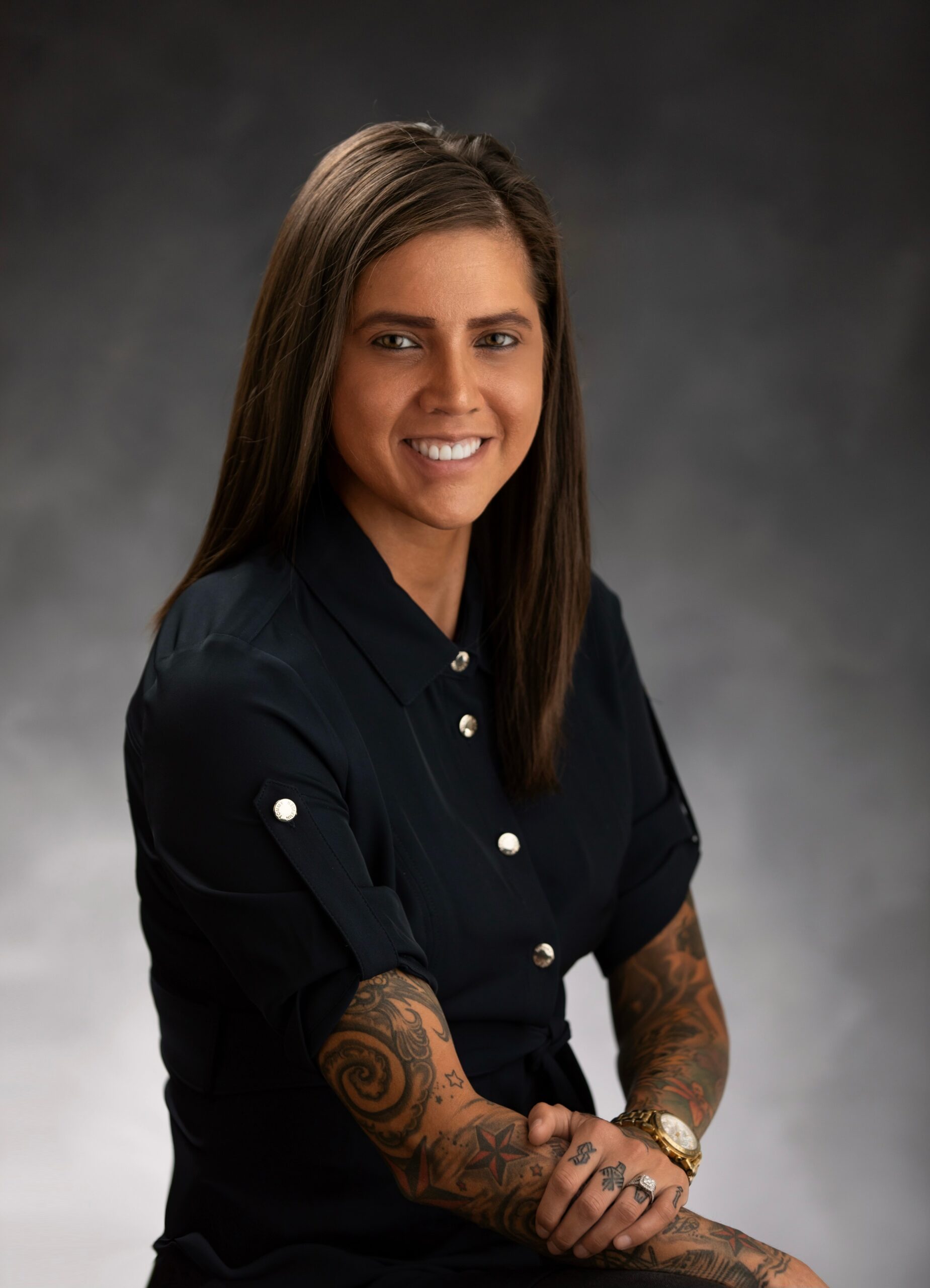Celina J. Sqwasulwut Williams
Celina co-owns a private consulting company based in British Columbia and Alberta. Her company specializes in working with Indigenous individuals who struggle with trauma and addictions and would like to begin living a life of sobriety and recovery. Watching people willingly change their lives for the better and assisting in that process has been an incredibly rewarding experience for Celina in her work life. Celina is currently a member of the Cowichan Valley Wellness and Recovery Centre Community Advisory Committee where the goal is to provide a holistic approach to addressing mental health and addictions. Her work has allowed her to travel all over North America and Southeast Asia providing consultation services while working one-on-one with individuals, organizations, Indigenous tribes, local governments, and provincial governance.
Quw’utsun Mustimuhw (the Cowichan people) provided Celina with her epistemic values that she carries today: Nutsa’maat Shqwalawun – the belief that we are all one (one heart, one mind); that we are as connected to the earth and the animals as much as we are connected to each other; when those who suffer cannot continue forward that those who are strong are responsible to carry them until they walk on their own; and knowledge is to be shared amongst those who are willing to learn. Lastly, the ‘Nagmis from Alert Bay continue to provide Celina with teachings to this day. In the Kwak’wala language, “i’tusto” means “to rise again”. Rising again is what Celina sees in co-researchers and their respective tribal communities where people are actively overcoming societal barriers as a lasting impact of colonization and oppression. Celina was raised in Coast Salish ceremony and carries the traditional name of her ancestors, Sqwasulwut.
At the crossroads where Celina’s personal and professional lives meet, she has discovered a theme that for many Indigenous elders who have successfully acquired a long-term abstinence-based recovery that a blended model of traditional Indigenous spiritual practices and Western 12 step models of recovery have worked best. Celina’s research aims to understand and witness this trend through ethnographic fieldwork and an anti-colonial lens.
